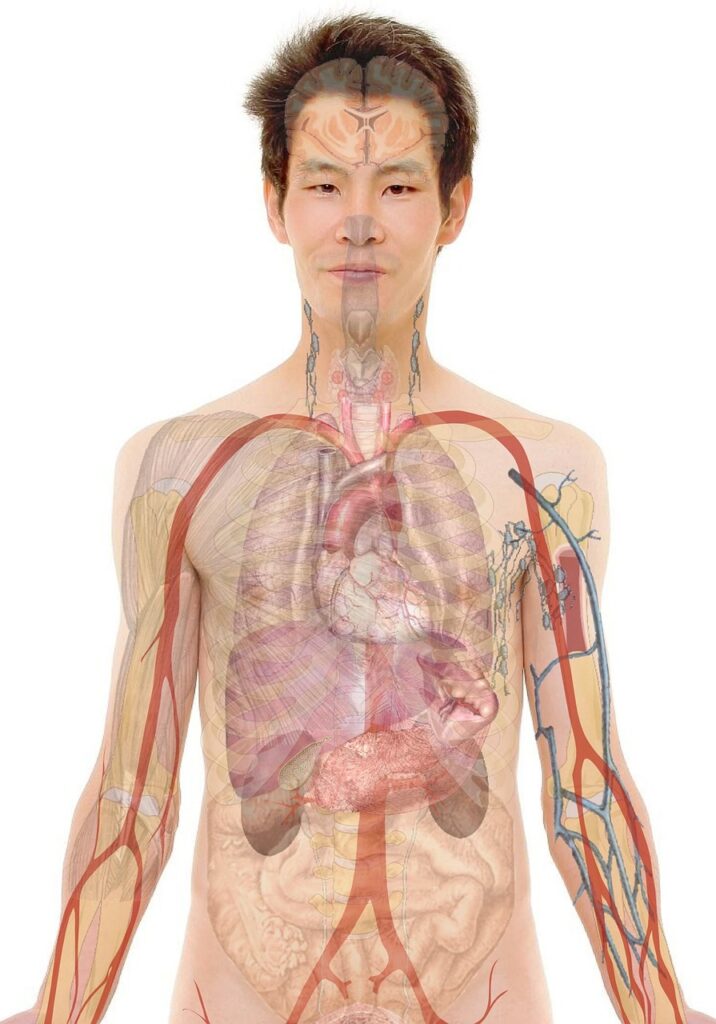As a nutritionist, I find it essential to discuss how certain tests can help us understand our kidney health.
One such test is the BUN/Creatinine ratio. Let me discuss in detail what this means and why it’s important.
What is the BUN/Creatinine Ratio?
The BUN/Creatinine ratio is a simple test that doctors use to check the health of kidneys.
BUN stands for Blood Urea Nitrogen. Urea nitrogen is a waste product formed when your body breaks down protein. The liver makes urea, which then goes into your blood, and your kidneys filter it out.
Creatinine, on the other hand, is another waste product made when your muscles use energy. Healthy kidneys filter creatinine from your blood and remove it in your urine.
When we measure BUN and creatinine in your blood and compare their levels, we get the BUN/Creatinine ratio. This ratio helps us determine whether your kidneys are effectively filtering these waste products.
Normal BUN/Creatinine Ratio
Usually, the BUN/Creatinine ratio should be between 10:1 and 20:1. If the ratio is higher, it might suggest that your kidneys are not working as well as they should be.
If it’s lower, it could mean other issues, like a low-protein diet or liver problems.
Why Can the BUN/Creatinine Ratio Be Abnormal?
Several reasons might cause your BUN/Creatinine ratio to be off:
- Kidney Disease: Diseases like chronic kidney disease or acute kidney failure can make it hard for your kidneys to filter waste, leading to a higher ratio.
- Dehydration: Not drinking enough water can also increase this ratio because your body tries to hold on to water, which makes your urine more concentrated.
- Diet: Eating a lot of protein can increase your BUN levels, while not eating enough protein can lower them.
- Blockages: Any blockage in your urinary tract can make it hard for urine to pass, affecting your kidney function.
- Medications: Certain medicines might change how your kidneys filter waste.
High BUN/Creatinine Ratio
A high ratio could be a warning sign of kidney problems, such as reduced kidney function or blocked blood flow to the kidneys. Finding out why the ratio is high is essential because it can help in treating kidney issues early.
Low BUN/Creatinine Ratio
A low ratio might not be as common, but it’s still important. It can happen if you’re not getting enough protein, have liver disease, or other conditions that reduce muscle mass.
What Should You Do?
Understanding your BUN/Creatinine ratio can give you a lot of insight into your kidney health. If your ratio isn’t normal, it’s important to look at your diet, how much you drink, and your overall health.
Always talk to your doctor or a healthcare professional. They might suggest more tests or changes in your diet or medications.
FAQs
What is a BUN/Creatinine ratio?
The BUN/Creatinine ratio is a diagnostic measure used to evaluate kidney function. It compares the levels of blood urea nitrogen (BUN) and creatinine in your blood. BUN is a waste product from protein breakdown, while creatinine is produced from muscle metabolism. This ratio helps assess how effectively your kidneys are filtering these waste products.
What is a normal BUN/Creatinine ratio?
A typical BUN/Creatinine ratio ranges from 10:1 to 20:1. Variations in this ratio can indicate different health conditions, so it’s essential to understand the context of other medical factors or tests when interpreting the results.
What does a high BUN/Creatinine ratio indicate?
A high BUN/Creatinine ratio can suggest several conditions, such as acute or chronic kidney disease, dehydration, or urinary tract obstructions. It might indicate that your kidneys are not properly filtering your blood due to reduced kidney function or decreased blood flow to the kidneys.
Can a low BUN/Creatinine ratio be a concern?
Yes, a low BUN/Creatinine ratio can also be concerning. It may be associated with liver disease, overhydration, or a low protein diet. It could also reflect increased muscle breakdown. It’s important to evaluate this result in conjunction with other medical tests and the patient's overall health status.
How can I improve my BUN/Creatinine ratio?
Improving your BUN/Creatinine ratio involves addressing the underlying causes of the abnormal ratio. This might include staying well-hydrated, adjusting your protein intake, and managing any medical conditions like kidney disease or liver problems with the help of healthcare professionals. Regular monitoring and adherence to treatment plans are crucial.
Should I regularly check my BUN/Creatinine ratio?
Regular checks may be necessary if you have conditions that affect kidney function or if you’re undergoing treatment that could impact your kidneys. Your doctor can best advise how often you should test this ratio based on your specific health needs and risks.
Conclusion
The BUN/Creatinine ratio is a handy marker for checking how well your kidneys are filtering wastes from your blood.
Monitoring this ratio can help catch kidney problems early, which is crucial for treatment and maintaining good health.
If you’re worried about your kidneys or have questions about your BUN/Creatinine ratio, it’s a good idea to talk to your doctor, who can give you more personalized advice.
You can even mention your concerns in the comments section below or book a one-on-one consultation with me, and I will help you in detail.
Regular monitoring and taking care of your diet can go a long way in keeping your kidneys healthy!








